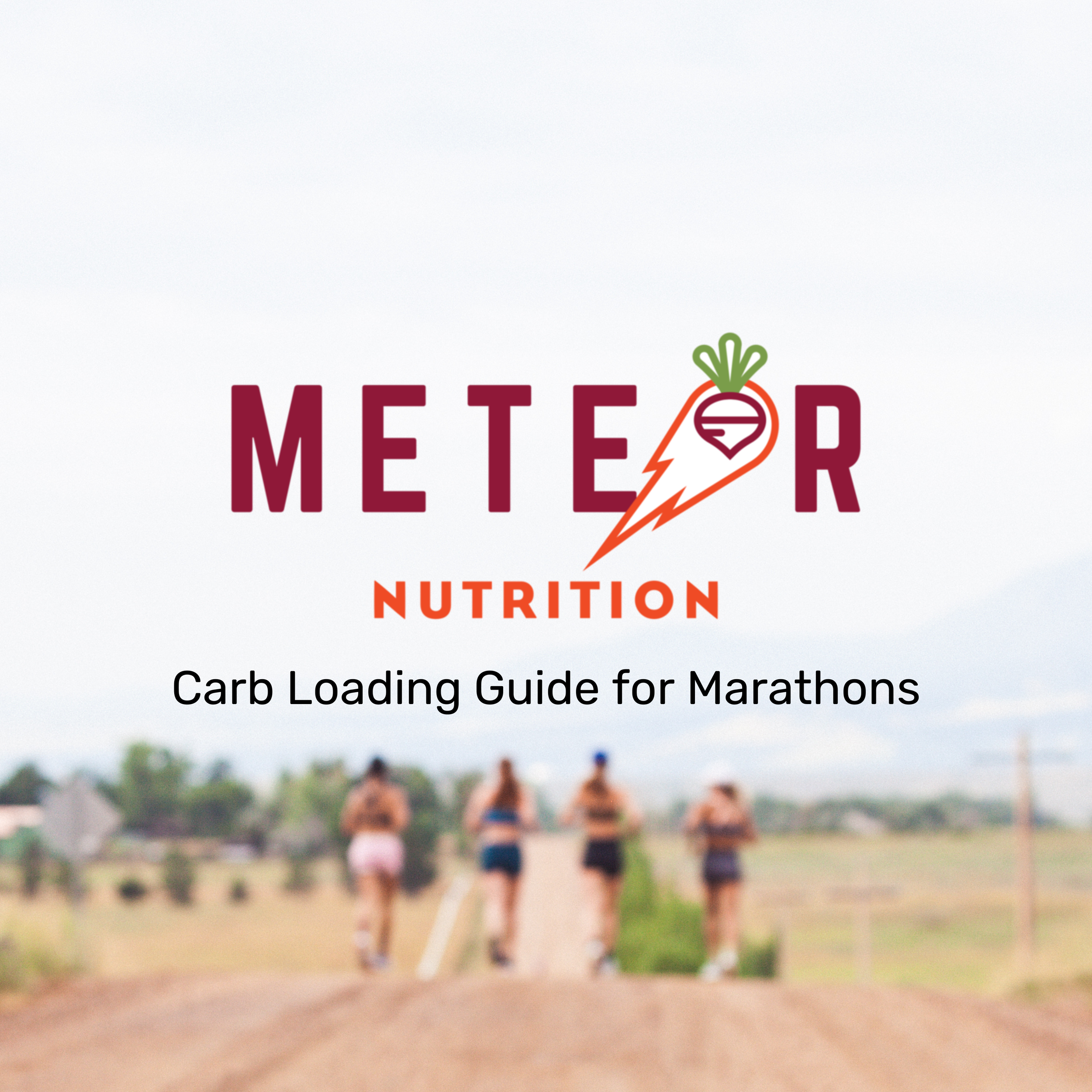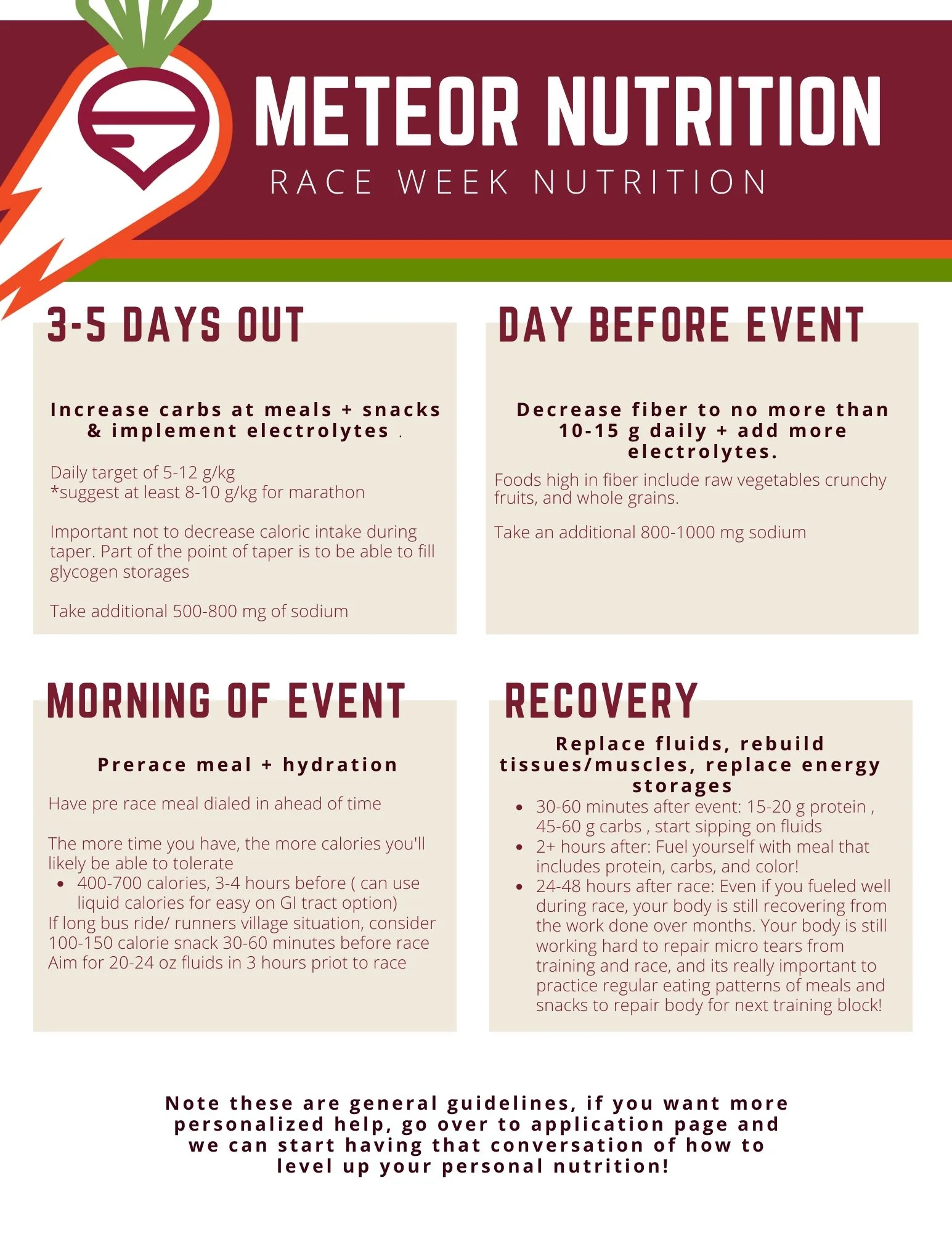Key Principles
Familiarize yourself with these key principles. This is a great resource to review frequently to help guide you with training and growth as an athlete and person.
Running form is very individual but there’s some cues that can possibly help improve efficiency and relax the body during movement. This type of deliberate practice over seasons can help you find your most efficient way to move and reduce your risk of injury. These 8 running cues are a great place to start.
Warm Ups
Running form drills are to be completed a couple of times per week, usually before starting workouts and races. Each drill targets specific muscle groups to improve movement patterns, coordination, balance, proprioception, range of motion and possibly running efficiency. Each exercise can be done for about 30-40m.
Complete a short dynamic warm-up before runs to improve range of motion and prepare the body to run. These are some great exercises you can incorporate into your dynamic warm-up.
Having a prepared race day warm-up can effectively warm the body up, lower nerves and increase performance. Practice this warm-up routine in time trials or at least once a month during a normal workout to figure out what works best for you and if any adjustments need to be made.
Precision Days
Precision Movement Days are to be completed 1-2 times per week year-round. The purpose is to improve movement patterns and reduce the risk of injury.
Precision Movement Days are to be completed 1-2 times per week year-round. The purpose is to improve movement patterns and reduce the risk of injury.
Strength Days
Strength Days are to be completed 1-2 times per week depending on the athlete and when they are in the season. When exercise equipment is not available body weight alternatives can be used. Purpose is to develop strength and increase your force generation capacity.
Strength Days are to be completed 1-2 times per week depending on the athlete and when they are in the season. When exercise equipment is not available body weight alternatives can be used. Purpose is to develop strength and increase your force generation capacity.
High Performance Strength Days are to be completed by professional athletes with guidance from a trainer or coach. They are generally completed with this format 1 time per week. An additional general strength day can be used in the week with less focus.
Sports Psychology
Race day nerves and moving past disappointing performances can be very challenging when we have a lot of chatter and negative thoughts. Practice these tools throughout training and on race day to reduce chatter and perform better.
Sports psychology plays a vital role in enhancing performance. Improving an athlete’s concentration, confidence, emotional, control, communication and commitment can lead to improved performance. Below are some Sports Psychology techniques you can apply to your training.
If you’re interested in furthering your knowledge or improving your overall well-being we recommend these books to read.
Nutrition
Following race-specific needs will help you reach new levels, while proper race day preparation will allow you to get the most out of yourself on race day. This guide by dietitian, Kelsey Bechmann, lays out the fundamentals of nutrient timing and carbohydrate loading to maximize marathon performance.
Including enough protein in your diet is vital for recovering from runs and building muscle to improve performance. In the first 20-30 minutes after intense exercise the body is primed to use protein and carbs for recovery and muscle repair. The calculator below can be used to optimize your nutrient consumption within your daily routine.
Fueling properly will ensure the athlete benefits from optimal energy levels and reduces risk of injury and developing mineral deficiencies, which in turn can lead to poor performance. Minerals play a key role in energy metabolism and overall health of skeletal muscle.
When preparing for a race it's important not to decrease caloric intake during your taper. Kelsey Beckmann, RD, LDN of Meteor Nutrition and Olympic Trials Qualifier shares a great guide for race week nutrition.
General Training + Racing
Heat and humidity can increase the stress on the body when running. The heat increases the intensity or effort of the run which results in higher heart rates. The chart below can help you adjust pace during continuous runs and races when the temperature and dew point are less than ideal.
Marathon Training
Your plan for fueling during marathon race week. Aim to practice your marathon week fueling plan a couple times in the season before your marathon. It can be practiced during tune-up races or key long runs in your buildup.
Team Discounts and Benefits
As a member of Boulder Underground click here for access to your team discounts and benefits.




















